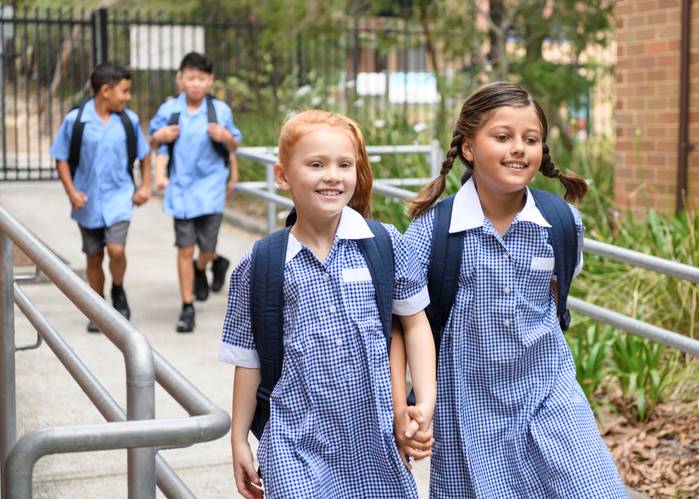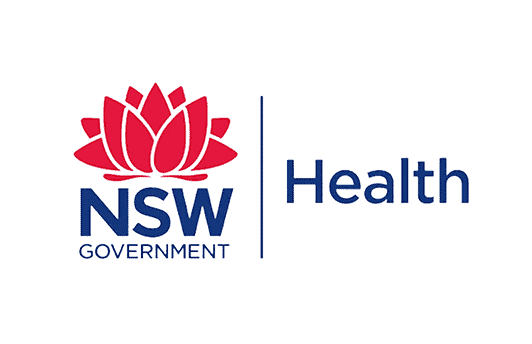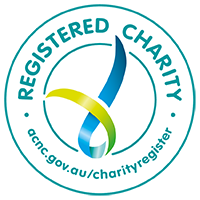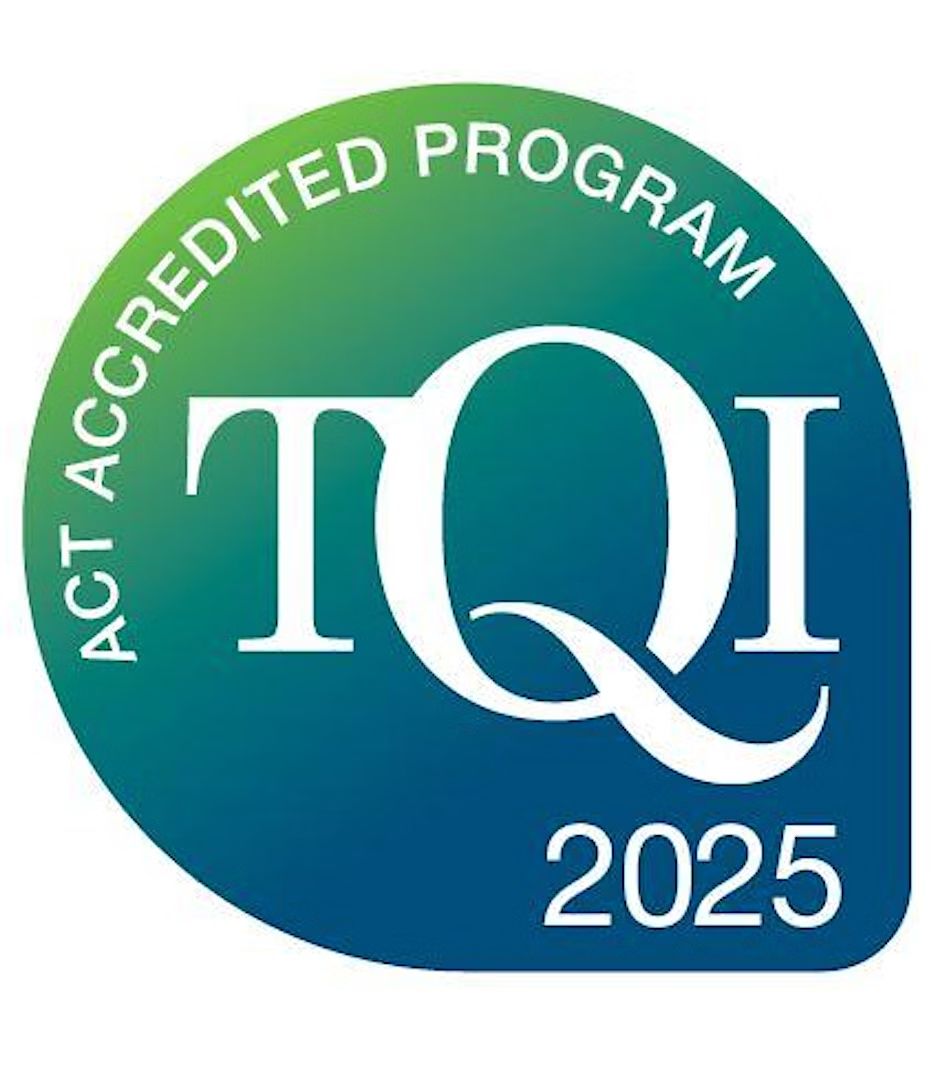It shouldn’t surprise anybody to learn that kids who don’t feel emotionally at their best don’t perform well in the classroom either.
The latest review of the National Schools Reform Agreement – the deal between the states and Commonwealth to lift student standards – makes this point clearly and highlights the need to prioritise student wellbeing in schools in response to Australia’s youth mental health crisis. Importantly, the review cites the link between student wellbeing and academic performance.
This is a crucial fact raised at a critical juncture, distilling the simple point that it’s hard to perform well in the classroom if you don’t feel mentally well.
This is something that Peer Support Australia has known for a long time. Negative mental health outcomes for school-aged Australians are directly linked to detrimental impacts on their learning outcomes.
As the Productivity Commissioner’s review of the Agreement states: “Student wellbeing is both a desired outcome of schooling in its own right, as well as a vehicle to achieve improved learning outcomes.”
Similarly, a 2022 study from the Australian National University (ANU) found that Year 9 students who experienced feelings of depression scored 7 per cent worse in NAPLAN literacy and numeracy results, compared to statistically similar students who had not.
In addition, a report from the Murdoch Children’s Research Institute’s Centre for Adolescent Health found that students with persistent emotional or behavioural problems between Years 3 and 7 fell an entire year behind in numeracy compared with their peers.
These facts are even more sobering considering that there is an entire cohort of young people who have experienced bushfires, floods, and the pandemic – an entire cohort who are still living with the aftermath of these events.
As a national non-profit organisation, delivering a vital student led wellbeing programs that has been running in Australian schools for more than 50 years, Peer Support Australia has seen the growing need to prioritise preventative wellbeing measures firsthand.
Schools are the ideal setting to support all students – from early childhood through to young adulthood – develop the relationships and emotional skills to support them throughout life’s ups and downs.
The Productivity Commission’s report firmly puts the issue of student wellbeing and academic performance on the agenda.
It is now critical that funding is invested to ensure that all young Australians get the extra support and guidance they need.
Samantha Brown is CEO of Peer Support Australia.
First published in the Daily Telegraph and Courier Mail on 08 February 2023. Republished with permission.




